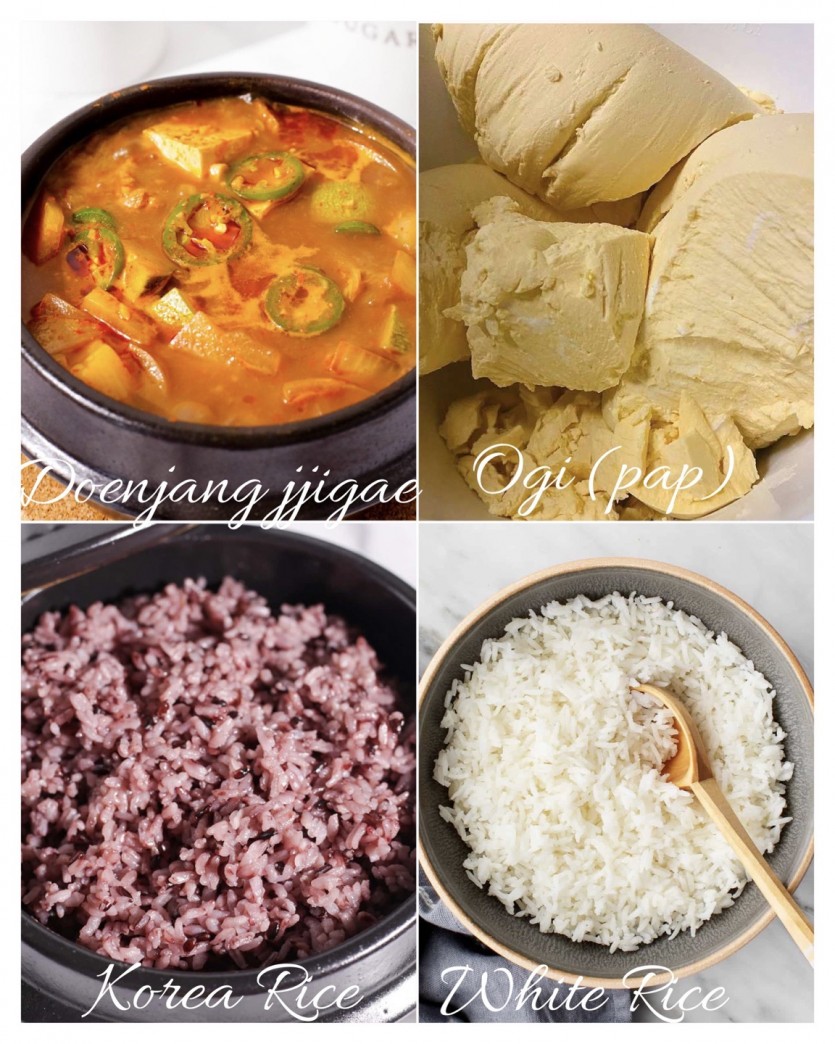Food & Drink Food as a Cultural Bridge: Korean and Nigerian Culinary Traditions
페이지 정보

본문
In Korean and Nigerian cuisines, fresh and local ingredients are really important. Both cultures like to use seasonal produce and include lots of vegetables in their meals. There is also a preference for using seasonal produce and incorporating a variety of vegetables into meals. This focus on fresh ingredients not only enhances the taste of the dishes but also ensures nutritional value.
Both cuisines also utilize a diverse range of spices and flavors to create rich and aromatic dishes. Korean cuisine is known for its extensive use of spices like gochujang (fermented chili paste), doenjang (fermented soybean paste), and sesame oil, which add depth and complexity to the flavors. Similarly, Nigerian cuisine features a variety of spices such as ginger, garlic, cayenne pepper, and various local herbs, which contribute to the bold and vibrant flavors.
Both Korean and Nigerian cuisines also feature a wide array of fermented foods. Fermentation is a common technique used in both cultures to preserve food and enhance its flavor. In Korea, dishes like kimchi (fermented vegetables) and doenjang jjigae (fermented soybean stew) are popular examples of fermented foods. In Nigeria, fermented foods like ogi (fermented cornmeal), iru (fermented locust beans), and ogiri (fermented oil bean paste) are commonly enjoyed.
Rice is a staple in both Korean and Nigerian diets. In Korea, rice is typically served as a side dish with various other dishes, while in Nigeria, it is often the main component of a meal. Rice is prepared in different ways in both cuisines, such as steamed rice, fried rice, or rice porridge, showcasing the versatility of this grain.
Hospitality and communal dining are highly valued in both Korean and Nigerian cultures. Meals are often seen as an opportunity for socializing, bonding, and sharing. Large gatherings and feasts are common in both cultures, where family and friends come together to enjoy a variety of dishes.
While there are undoubtedly differences in ingredients, cooking techniques, and specific dishes, the similarities between Korean and Nigerian cuisines lie in their focus on fresh ingredients, bold flavors, fermented foods, and the cultural significance of food as a means of bringing people together.
Exploring the similarities and differences between these culinary traditions can be a fascinating way to appreciate the diversity of global cuisine and celebrate the ways in which food connects us across cultures.
- PrevCelebrating Vesak festival (Buddha’s birthday) in Bonghyeonsa temple. 23.06.21
- NextFinding Balance: Sleep and Mental Well-being in the Society 23.06.20
댓글목록
There are no registered comments.

